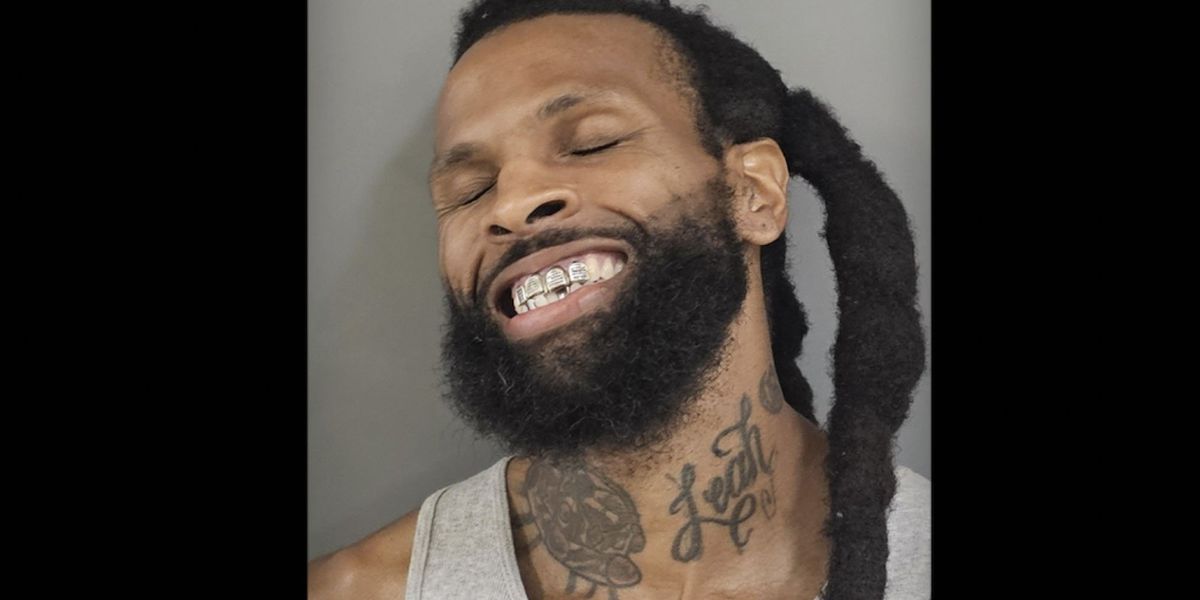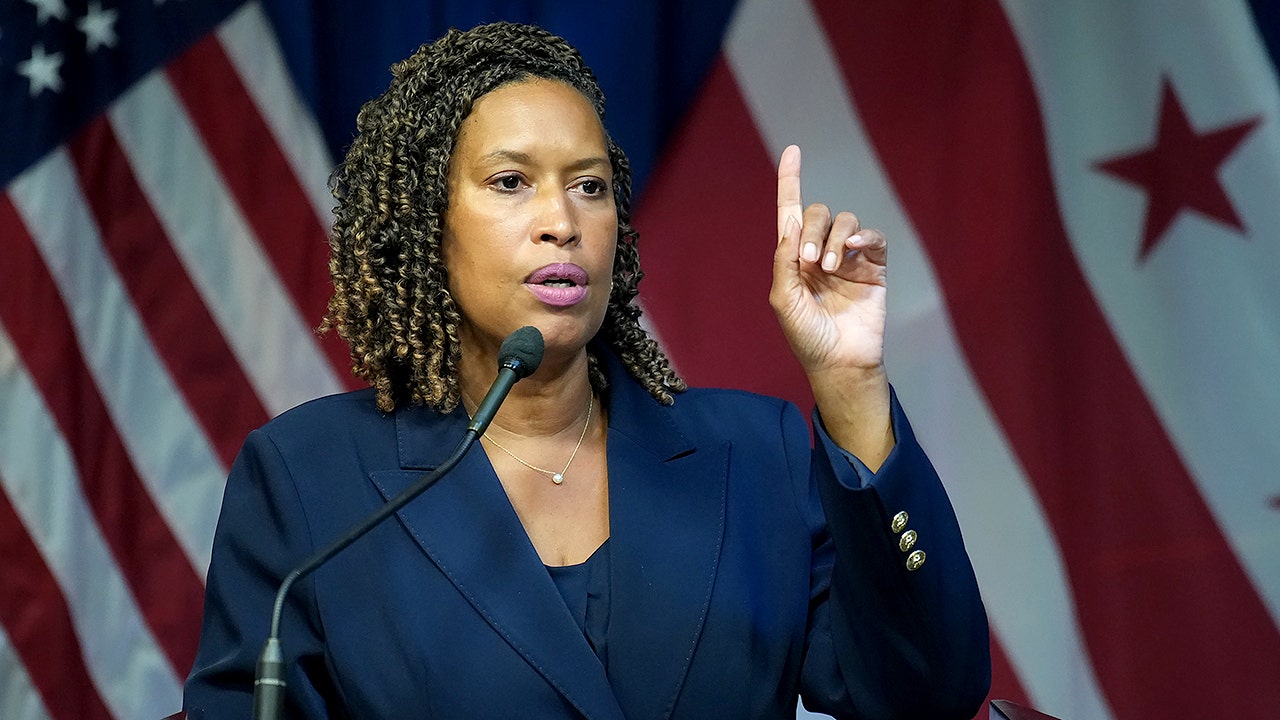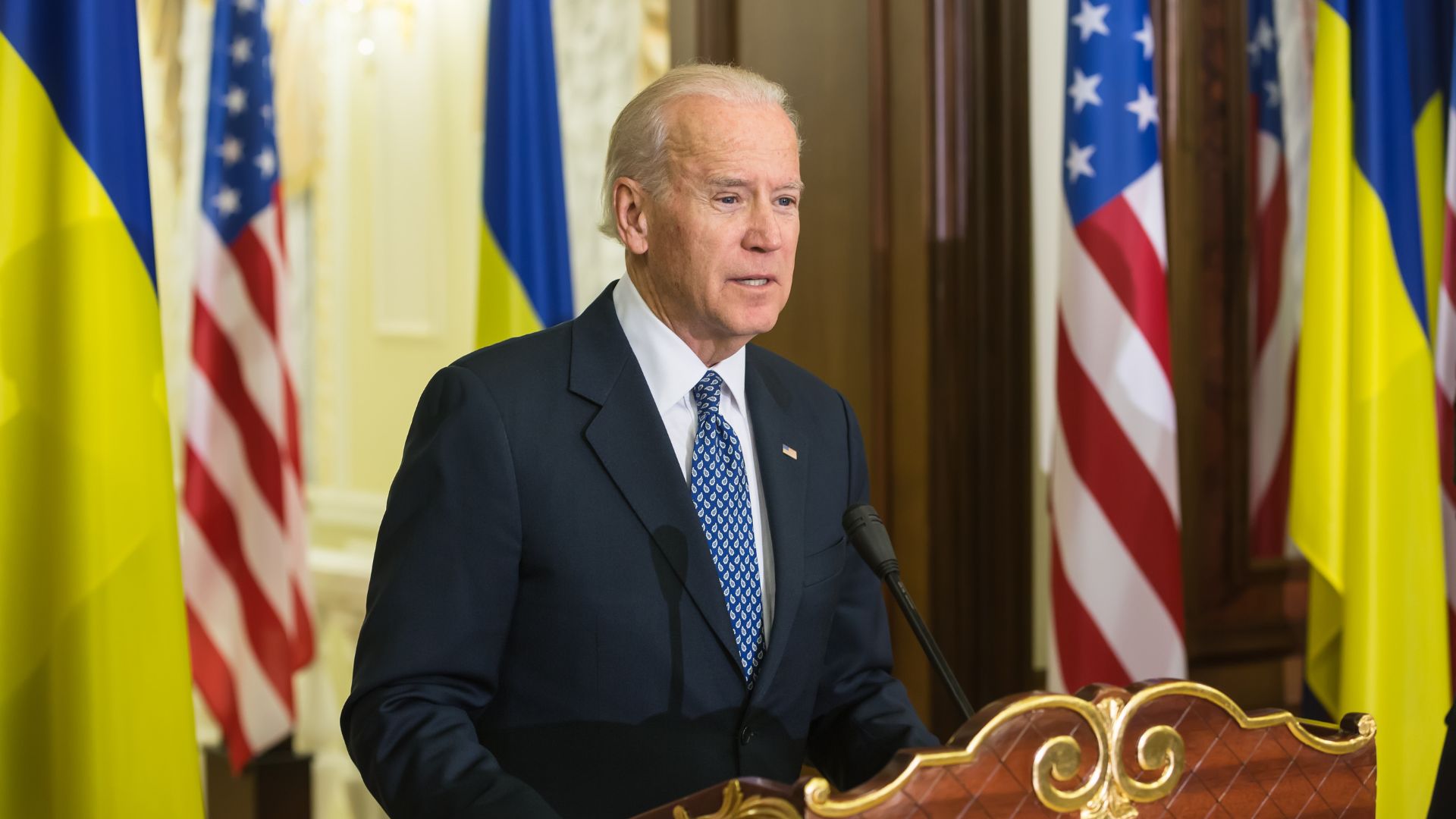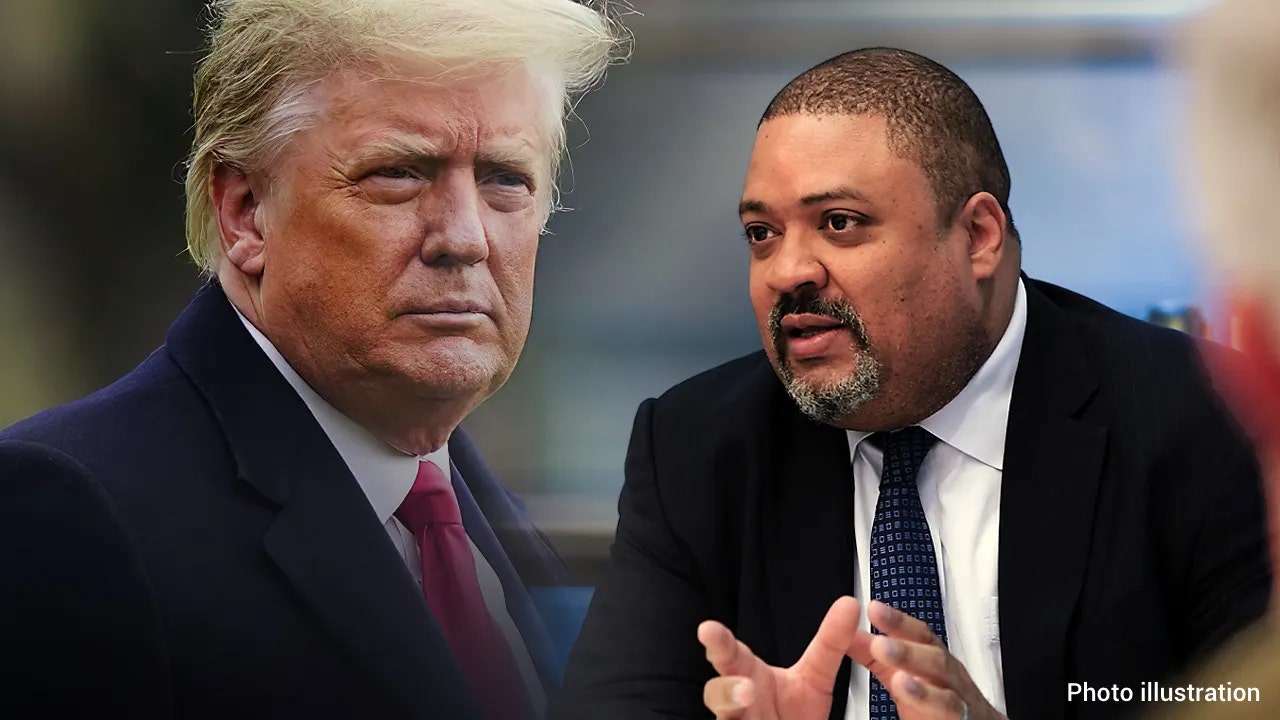Discussions over potential legal accountability for former President Barack Obama in connection with the Trump-Russia collusion allegations have resurfaced, though legal experts emphasize that no indictment is currently in sight.
The controversy centers on allegations that intelligence agencies were used during and after the 2016 election to advance a false narrative tying then-President-elect Donald Trump to Russia.
Mike Davis, president of the Article III Project and a former clerk for Supreme Court Justice Neil Gorsuch, addressed the matter in July, noting that while Obama may be able to claim presidential immunity for actions taken while in office, that protection does not necessarily extend to actions taken after leaving the presidency.
Trump’s Sovereign Wealth Fund: What Could It Mean For Your Money?
“He [Obama] might be able to claim presidential immunity for his actions while he was the President of the United States, and they’ll have to litigate that,” Davis said.
“It’s unclear whether he’ll ultimately get presidential immunity for this. But I’ll tell you this: it’s an ongoing criminal conspiracy. And presidential immunity covers his actions while he’s the President of the United States. They don’t cover his actions when he’s the former President of the United States. And when he’s participating in the cover-up of this conspiracy, then he doesn’t have presidential immunity.”
🚨 BREAKING: Mike Davis says Barack Obama does NOT have Presidential Immunity in the Russia Hoax
“Presidential immunity covers his actions while he’s president—not when he’s the FORMER president.
When he’s participating in the coverup of this conspiracy, he doesn’t have… pic.twitter.com/YbyUdSUwDH
— Nick Sortor (@nicksortor) July 21, 2025
This Could Be the Most Important Video Gun Owners Watch All Year
The debate over immunity would likely play a central role in any legal proceedings, alongside statute of limitations arguments that could be raised if charges were ever pursued.
Obama is accused by critics of ordering the creation of the January 2017 Intelligence Community Assessment (ICA) as part of an effort to lend credibility to unverified claims of collusion between Trump’s campaign and Russia.
The ICA, produced under the direction of then-Director of National Intelligence James Clapper, CIA Director John Brennan, and FBI Director James Comey, included references to the Steele dossier — a document that has since been widely discredited.
The Steele dossier was the only file within the ICA that directly alleged collusion between Trump and Russia.
According to subsequent accounts, its inclusion in the assessment was disputed within the intelligence community due to questions over its reliability, but was ultimately inserted into the report under the direction of senior Obama administration officials.
The assessment was released publicly in January 2017 and concluded that Russian President Vladimir Putin had ordered an influence campaign aimed at the U.S. presidential election, with a preference for Trump.
Shortly after its release, elements of the Steele dossier were leaked to the press, fueling widespread media coverage and sparking congressional and special counsel investigations that lasted for years.
Critics argue that the decision to incorporate the dossier into the ICA and the subsequent media leaks were pre-arranged during a December 9, 2016, meeting involving Obama and his top national security officials.
Supporters of the assessment have maintained that it was a valid intelligence product reflecting the consensus of multiple agencies.
While the possibility of legal action against Obama remains speculative, the dispute over the origins and handling of the 2017 assessment continues to play a role in the broader debate over alleged abuses of intelligence authority during the transition between the Obama and Trump administrations.
Read the full article here


![Barack Obama May Not Have Immunity in the Russia Collusion Hoax Cover-Up [WATCH] Barack Obama May Not Have Immunity in the Russia Collusion Hoax Cover-Up [WATCH]](https://www.lifezette.com/wp-content/uploads/2025/08/2025.08.15-08.27-lifezette-689eef8dbe1b6.jpg)









